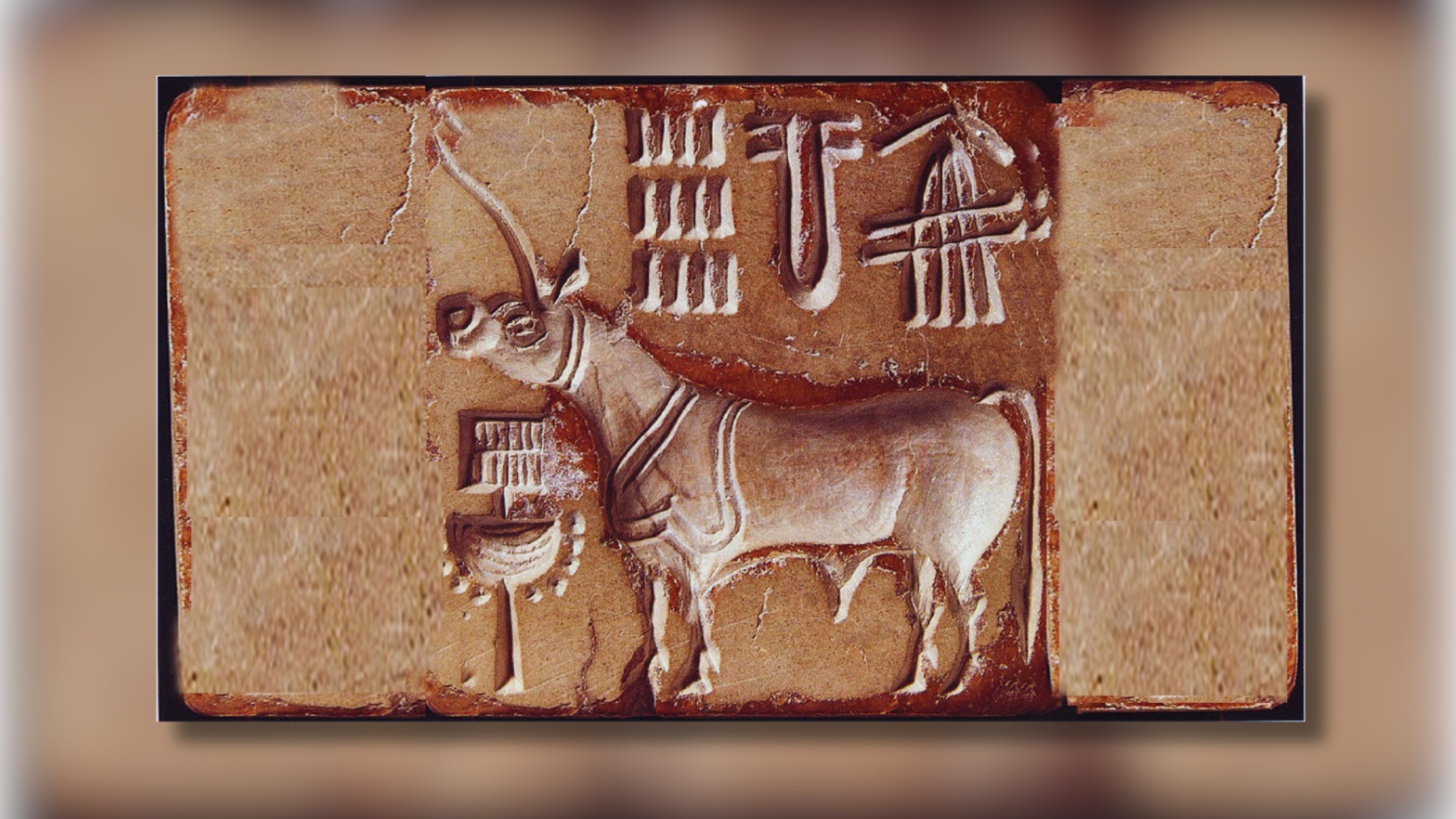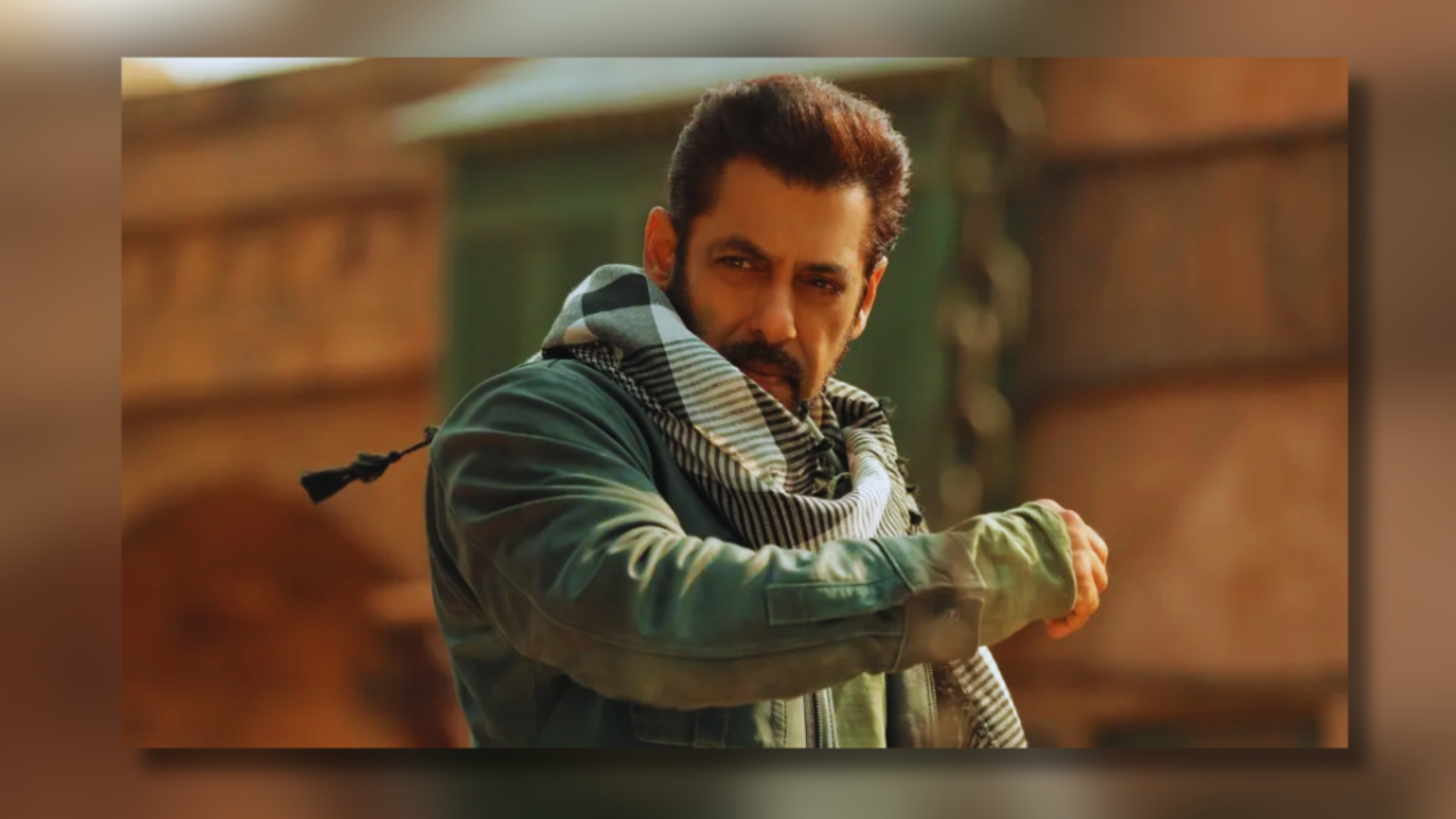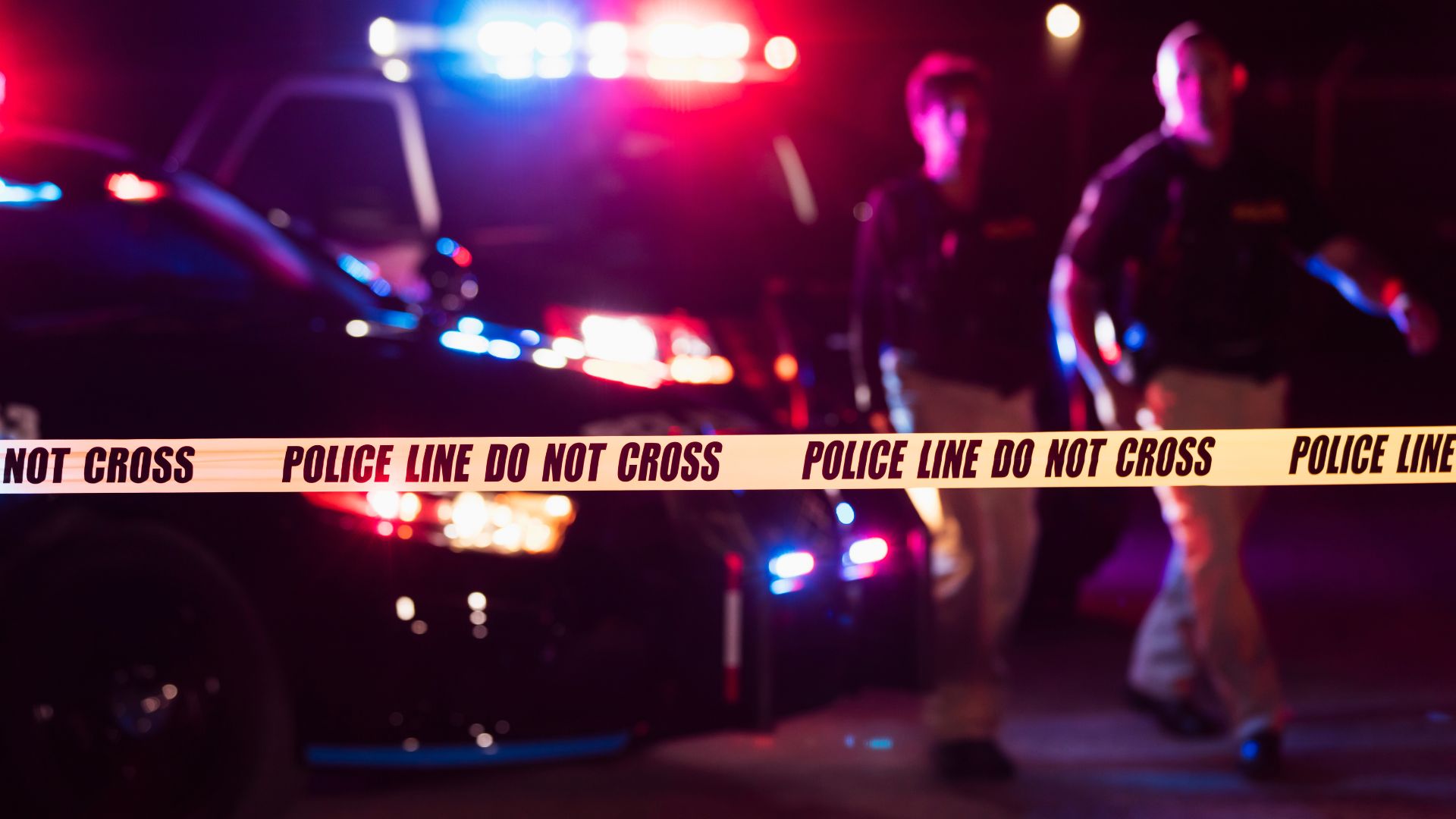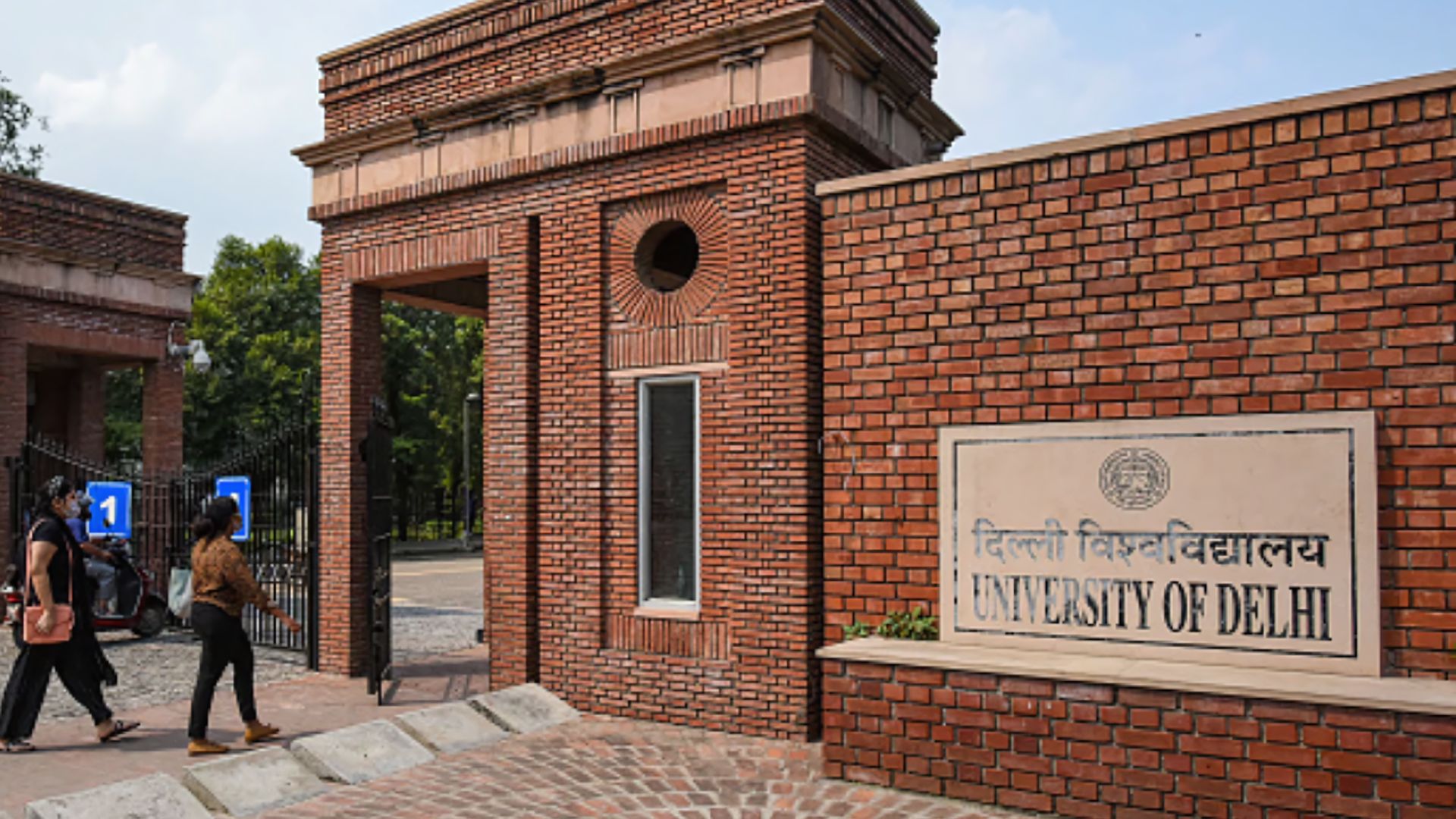


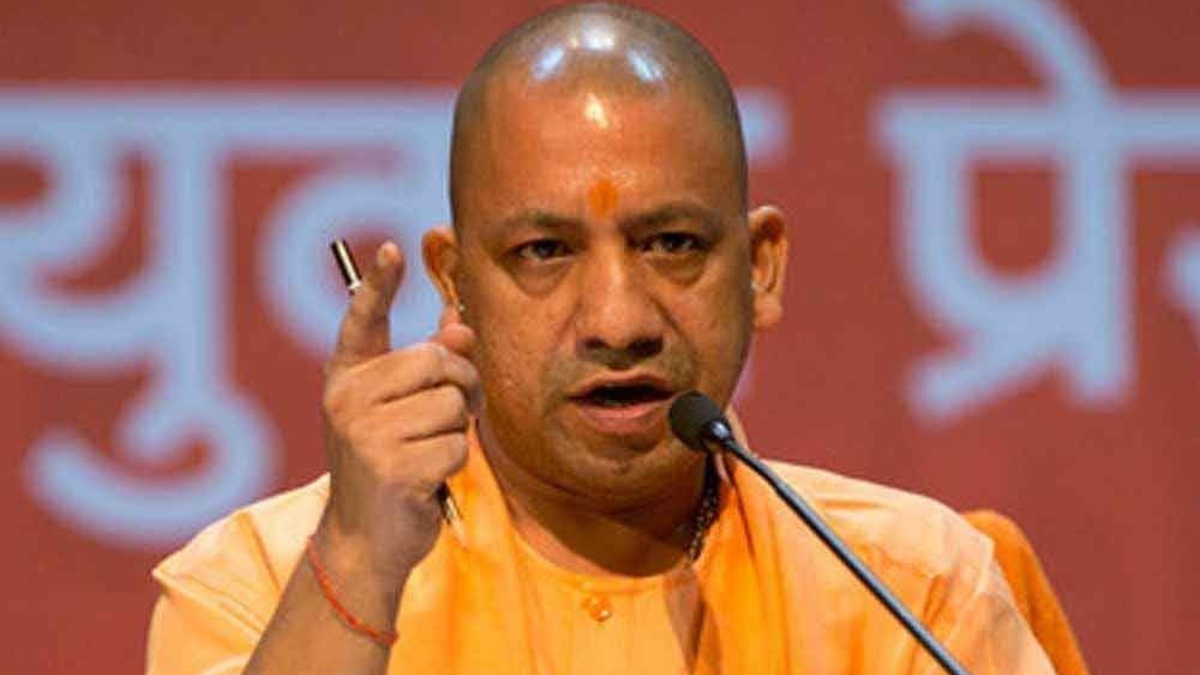


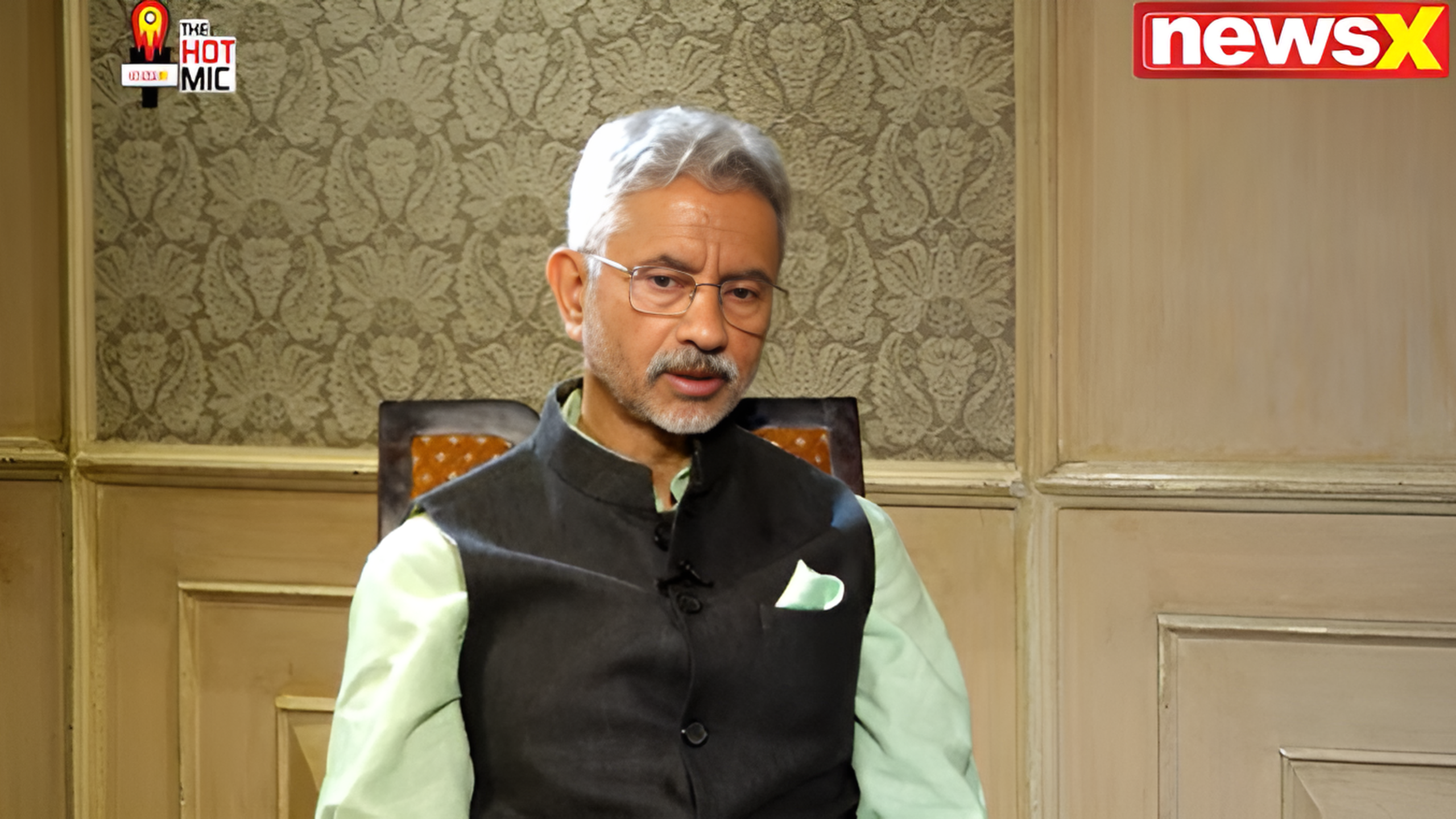
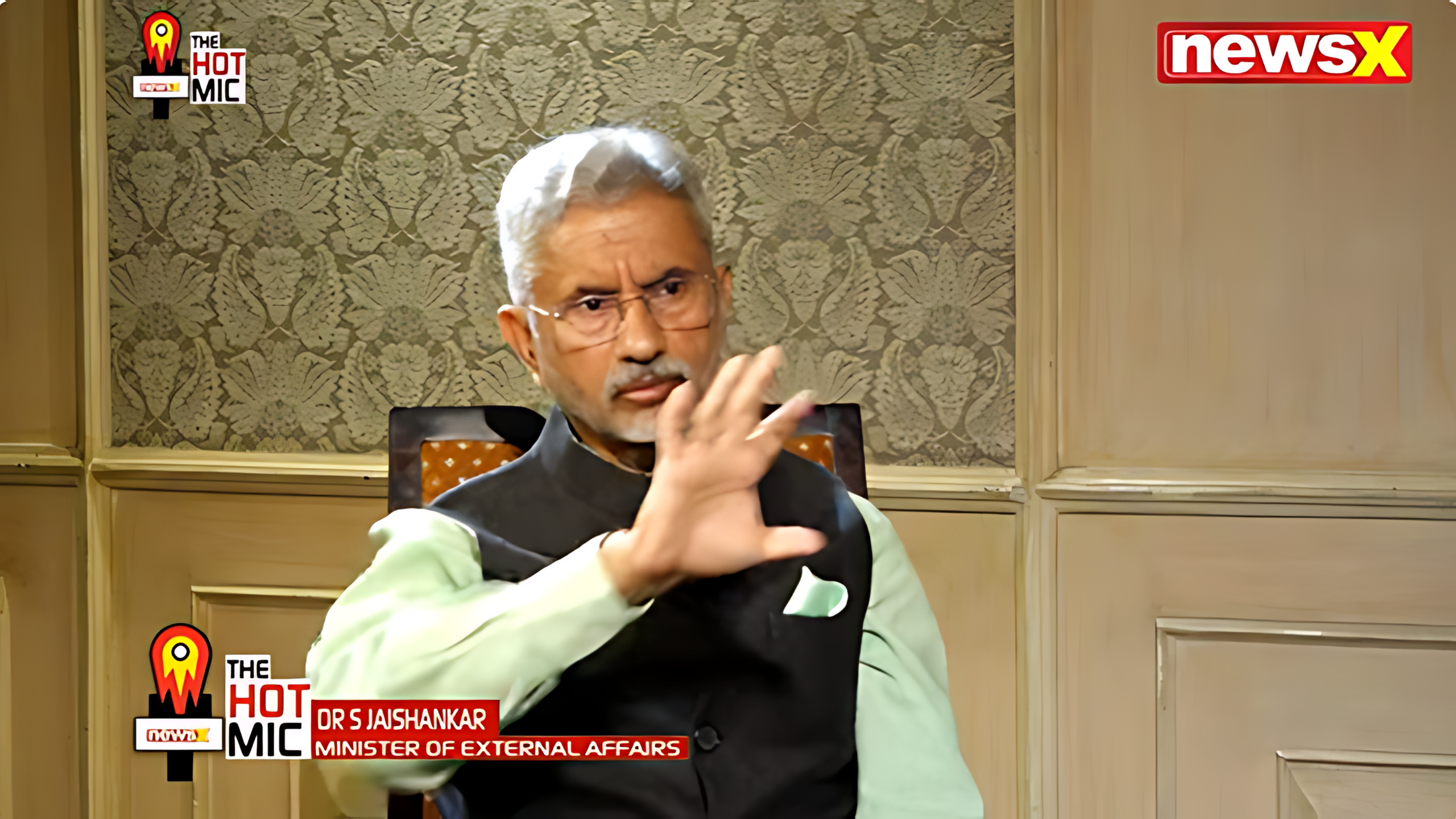

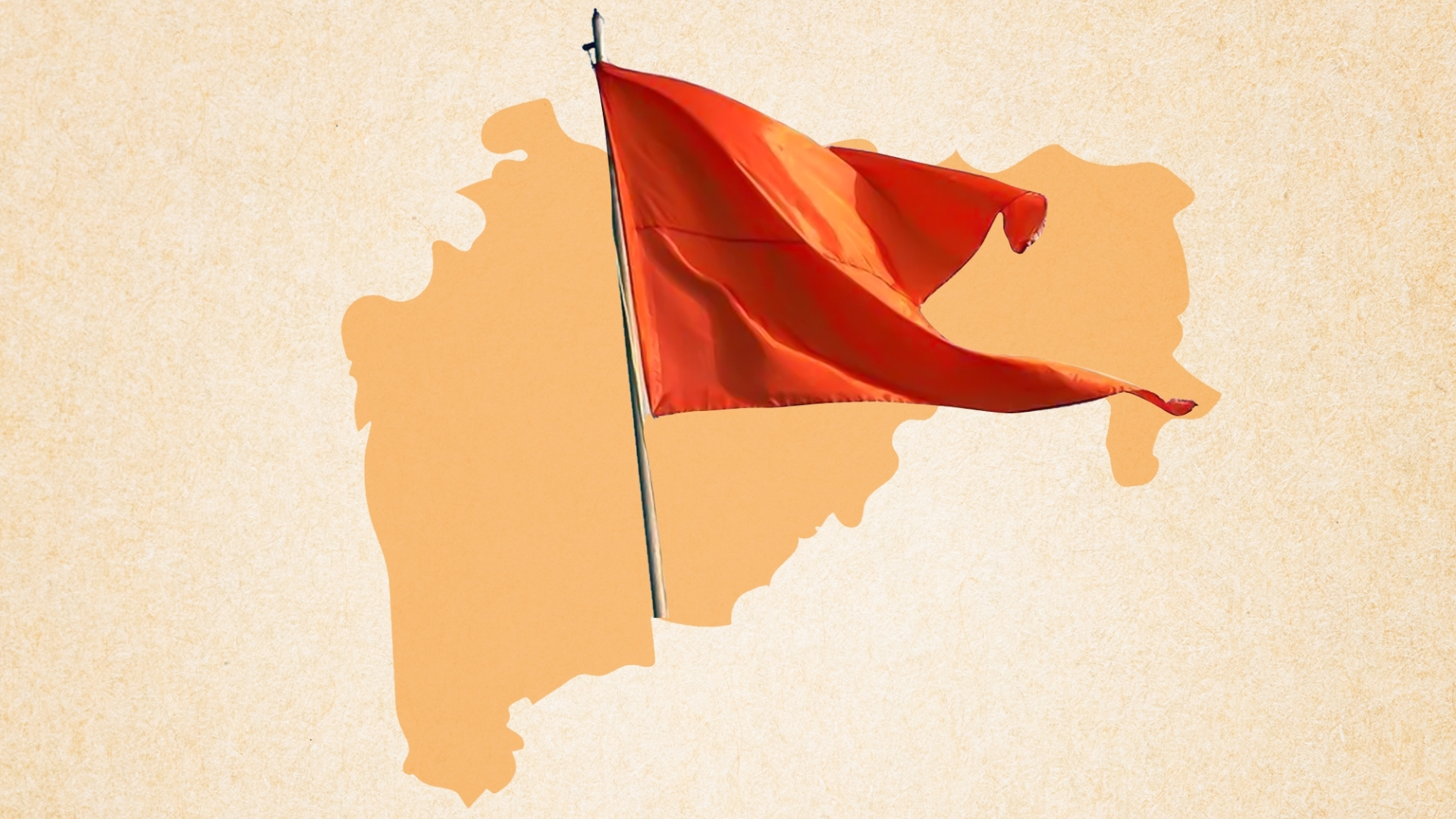

On Saturday, a local court in Mathura, Uttar Pradesh, issued an order for the Archaeological Inspect of India to survey the Shahi Idgah Mosque, which is said to have been constructed on the “Krishna Janmabhoomi,” or the location of Lord Krishna’s birth, after January 2. After January 20, the report will be sent in. In a case brought by Vishnu Gupta of the right-wing group Hindu Sena, who claimed that the inspection would be similar to the one in Varanasi’s Gyanvapi mosque, where it was alleged that a “Shivling” was discovered during a survey, the court approved the order.
The next hearing in the case will take place on January 20 as set by the court.
Hindu organisations have filed many lawsuits asking for the demolition of the Shahi Idgah Masjid from the Katra Keshav Dev temple on the grounds that the mosque was constructed on the site of Lord Krishna’s birth.
According to Vishnu Gupta’s plea, the Shahi Idgah mosque was constructed at the Krishna Janmabhoomi in 1669–1670 on Mughal emperor Aurangzeb’s instructions within the 13.37-acre grounds of the Katra Keshav Dev temple.
According to Vishnu Gupta’s attorney, Shailesh Dubey, on December 8 Mr. Gupta, the national president of the Hindu Sena, and Surjit Singh Yadav, the vice president, made the following statement in court: “He presented before the court the entire history from the birth of Lord Krishna until the construction of the temple.
He also called the 1968 agreement between Shri Krishna Janmasthan Seva Sangh and Shahi Idgah unlawful and sought its annulment, according to Mr. Dubey.
The Places of Worship Act of 1991, which preserves the religious character of any place of worship as it was on August 15, 1947, was the reason the civil court in Mathura previously dismissed the complaint, stating that it cannot be allowed under that law.
The Ayodhya temple-mosque dispute involving the 16th-century Babri mosque, which was destroyed in 1992 by Hindu activists who thought it was constructed on the remains of an old temple, was the lone exception to the legislation. In 2019, the Supreme Court ordered alternate property for a mosque and gave the mosque site to Hindus for a lavish Ram temple.
The Krishna Janmabhoomi lawsuit had previously been dismissed by the Mathura court because, if it had been filed, numerous worshippers may have sought redress in a variety of situations.
Petitioners then appealed the decision.
In their lawsuit, the petitioners stated that they had a right to approach the court as followers of Lord Krishna. They assert that they are entitled to do devotion at the real site of Lord Krishna’s birth.
To commemorate the anniversary of the Babri Mosque demolition, the Akhil Bharat Hindu Mahasabha had earlier this month called for chanting the Hanuman Chalisa within the Shahi Masjid Idgah. Seven or eight people were detained in addition to the arrest of one of the group’s leaders.
A shiva linga was allegedly discovered in the pond inside the Gyanvapi Masjid complex in Varanasi in May of this year during a three-day videography survey ordered by the court. Their attorney claimed that the pond had been used for ablution (wuzu) purifying rites, that the water had been emptied from it, and that a shiva linga had purportedly been discovered. However, according to the Varanasi District Magistrate, none of the commission members who conducted the study gave any information about their survey of the Gyanvapi mosque. Numerous petitions submitted by both sides following the survey are currently being heard by the court.

